The Japan Center for International Exchange (JCIE), together with the Economic Research Institute for ASEAN and East Asia (ERIA), held a webinar focusing on the topic of community-based integrated care, which has become a key component of Japan’s approach to promoting healthy aging and aging in place. This webinar was based on a recent AHWIN policy brief that examined the lessons from Japan’s policy on aging and how it paved the way to community-based integrated care. Journalist Tomoko Sakota, the author of the brief, dove into some of the issues she presented in the paper, and was joined by panelists from Thailand, Vietnam, and South Korea, who discussed how community-based care is being implemented in their own countries.
Event Details
Date: Monday, April 25 (US) | Tuesday, April 26 (Asia)
Time: 10:00pm–11:30pm EDT (GMT-5) | 11:00am–12:30pm JST (GMT+9)
Language: English and Japanese
Organizers: Japan Center for International Exchange (JCIE), Economic Research Institute for ASEAN and East Asia (ERIA)
Speaker Bios
Moderator:
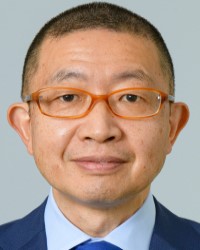
Shintaro Nakamura
Senior Advisor on Social Security, Japan International Cooperation Agency (JICA)
Mr. Nakamura joined JICA in 2010 and works on various projects related to social protection, universal health coverage, and aging, including a project on long-term care services (LTOP) with the Thai Government. His professional experiences also include working for the Ministry of Health, Labour and Welfare of Japan. He graduated from the University of Tokyo with a BA in Law and received an MBA from Columbia University in the United States.
Panelists:
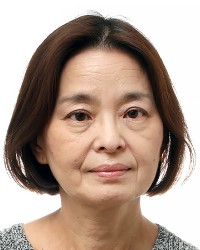
Tomoko Sakota
Journalist
Ms. Sakota was born in Kanagawa Prefecture, Japan. After graduating from The University of Tokyo with a major in Health Sciences, she joined the Japan Broadcasting Corporation (NHK) as an announcer. She accepted a post there as senior commentator before moving to the Educational Programs Center (Culture and Welfare Programs) as a senior program director, and later as executive director. Since retiring from NHK in June 2016, Ms. Sakota has been working as a freelance journalist. Her publications include Iryo genba shuzai nooto [Notes on reporting from the medical frontlines] (1991) and “Yattsu no monogatari—kokusai kyoryoku no ashiato wo otte” [Eight stories—in the footsteps of international cooperation], International Development Journal (August 1999).
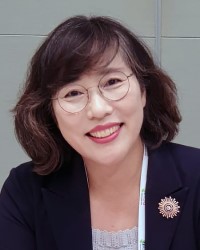
Donghee Han
Director, Research Institute of Science for the Better Living of the Elderly
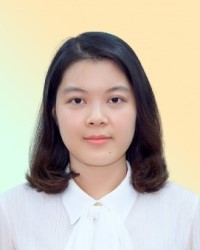
Chu Viet Nga
Senior Manager, HelpAge International in Vietnam (HelpAge/HAI )
Ms. Nga is a Senior Manager at HelpAge International in Vietnam (HelpAge Vietnam), an NGO focusing on the wellbeing of older persons and adapting to aging populations. She is one of the national specialists on Intergenerational Self-Help Clubs (ISHC), a sustainable, community-driven, inclusive and affordable aged care model, initiated by HelpAge and partners in 2006. ISHC is multifunctional, covering income security, healthy aging, long-term care, social protection, life-long learning, and so on. In 2020, the model received the Healthy Aging Prize for Asian Innovation (HAPI) Grand Prize for community-based initiatives. So far, the Vietnamese prime minister has announced three decisions to replicate ISHC nationwide, including integration of ISHC into the National Action Plan on Older Persons until 2030. In Vietnam, ISHC is assigned under the direct management of the Association of the Elderly. Currently, Ms. Nga and her colleagues at HelpAge provide technical support to both national and international partners to replicate and improve the model.
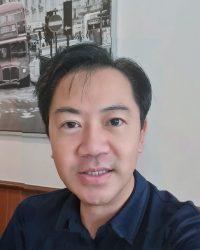
Akarathan Jitnuyanont
Deputy Executive Director, ASEAN Centre for Active Ageing and Innovation (ACAI)
Dr. Akarathan Jitnuyanont acquired his MD at Chiangmai University, Thailand and received licenses from the Thai Board of Oncology and Hematology Medicine in 1995, and Thai Board of Family Medicine in 2002. He has completed various training including the High Level Leadership Development Curriculum Programme and the E-Learning Digital Literacy Development Programme conducted by the Ministry of Public Health (MOPH), Thailand. Since October 2021, he serves as the Director of the Institute of Geriatric Medicine, Department of Medical Services, MOPH and also holds the position of Deputy Executive Director of the ASEAN Centre for Active Ageing and Innovation (ACAI).

